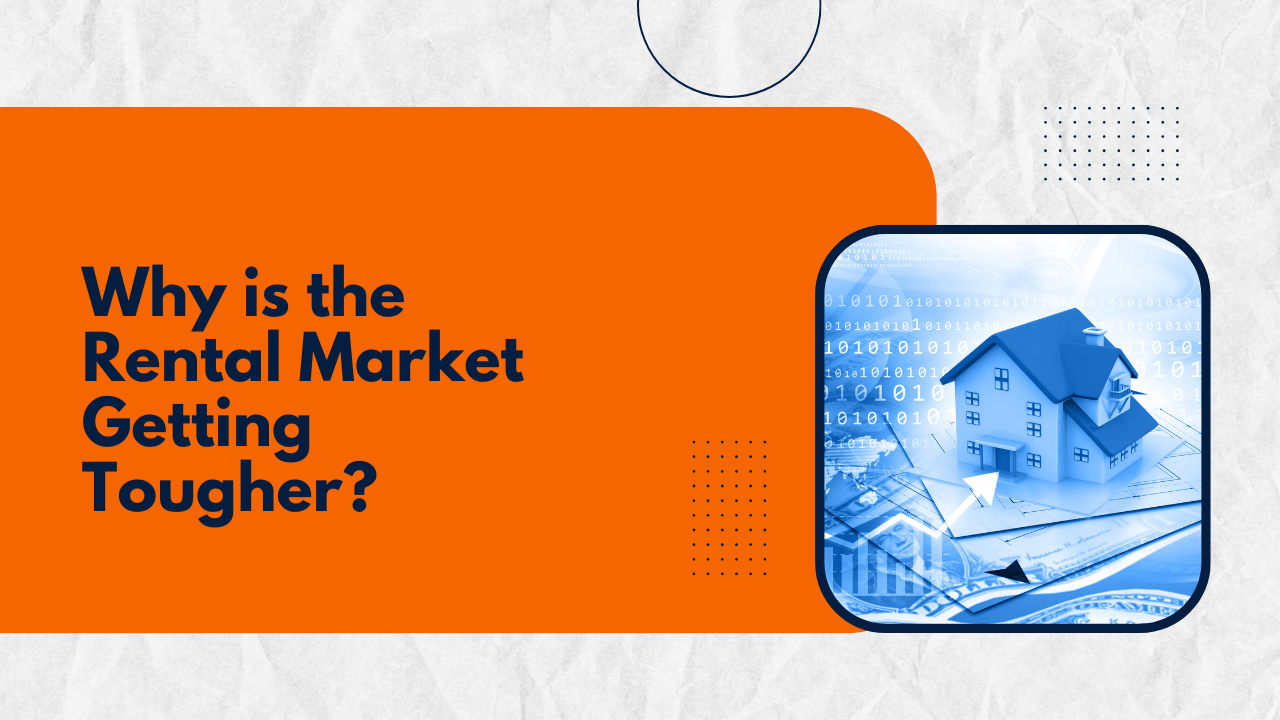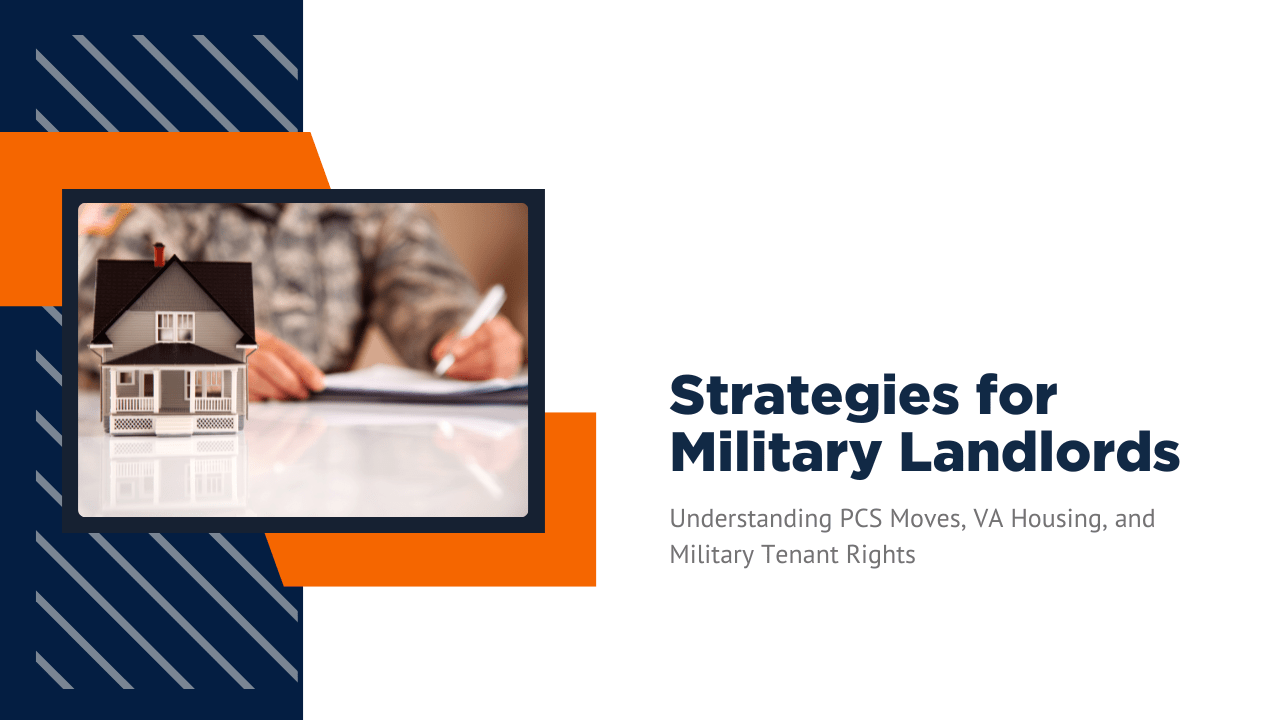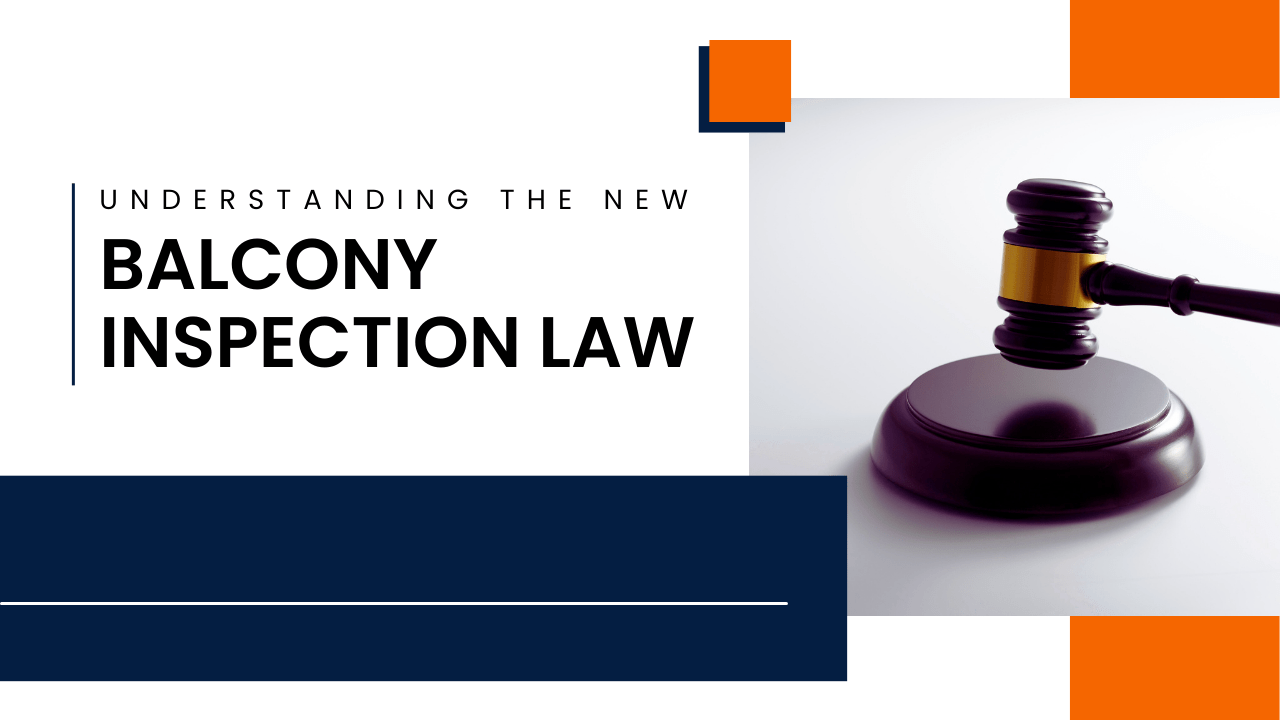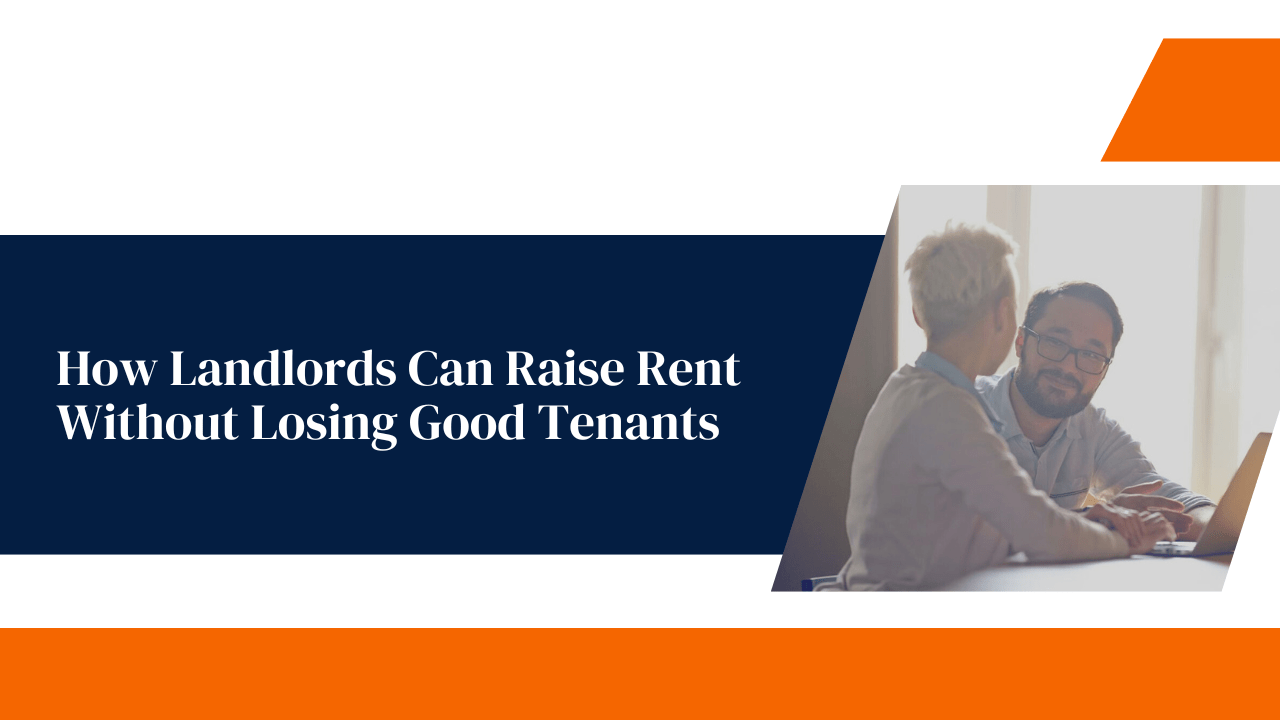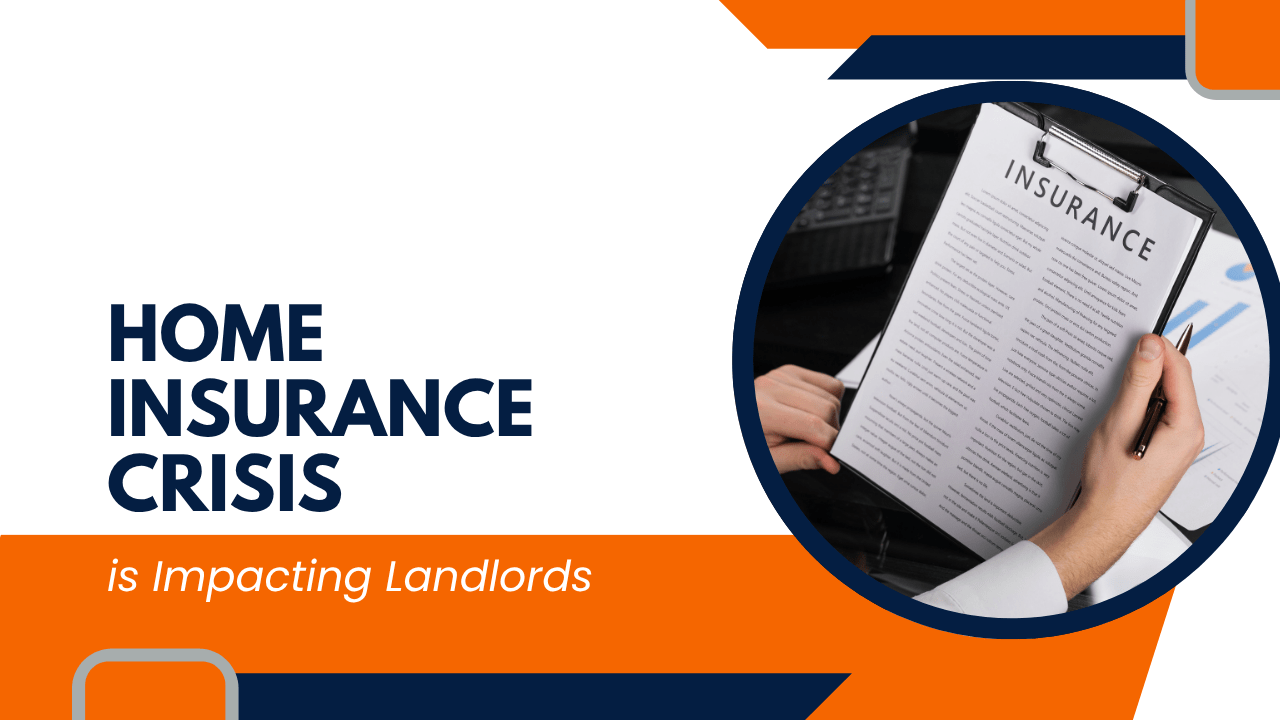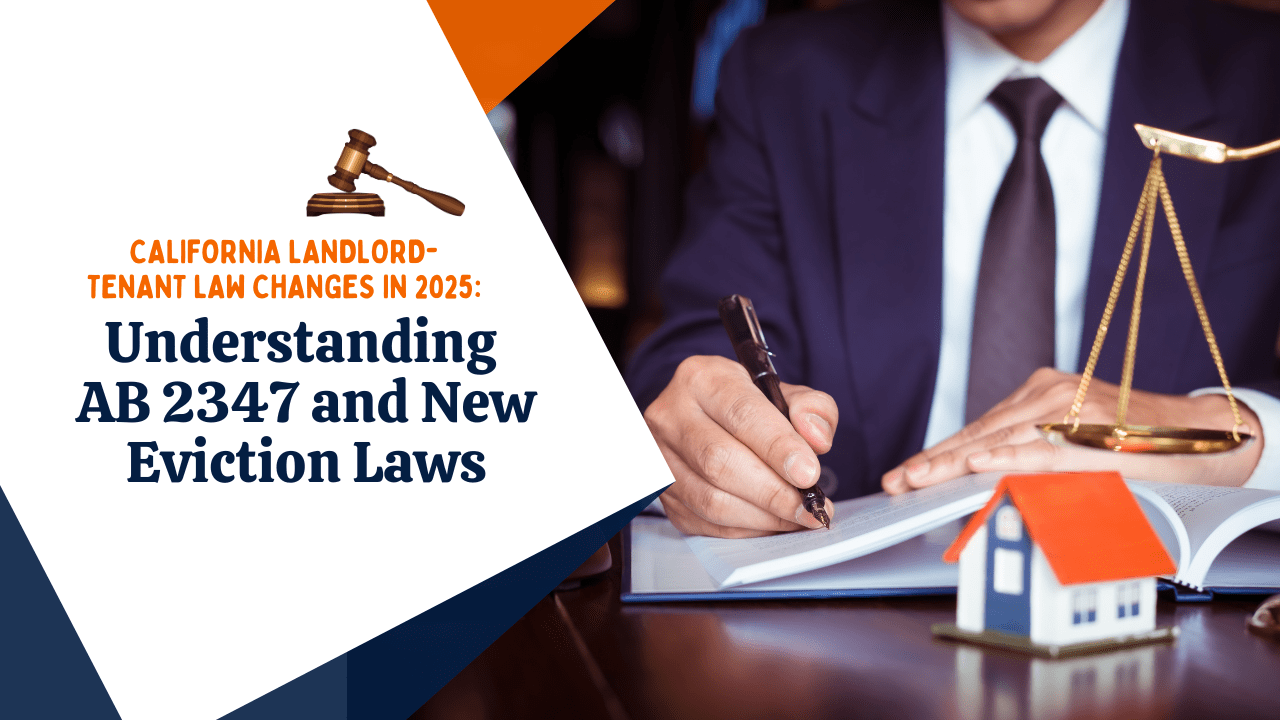Effective January 2024, California’s AB 1620 aims to facilitate better living conditions for disabled tenants while ensuring that landlords receive a fair return on their properties. The law allows tenants with permanent, mobility-related disabilities living in rent-controlled units to request a move to a comparable or smaller unit in an accessible location within the same building or owned by the same landlord on the same parcel.
California Landlord Tenant Law Changes: Key Updates for 2024
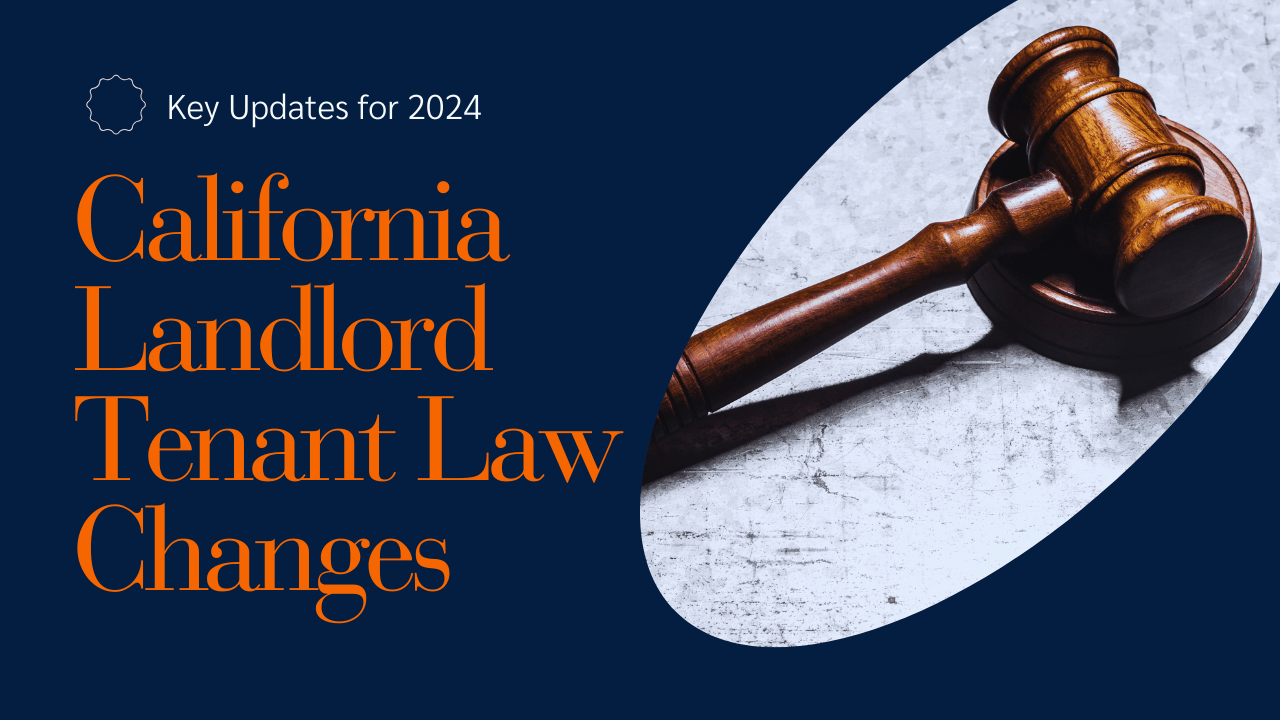
As experienced San Diego property management professionals serving the entire county, including San Diego, Chula Vista, Oceanside, Carlsbad, and the surrounding areas, we are committed to keeping rental property owners informed about significant legal changes to ensure compliance and optimal investment outcomes.
1. San Diego Tenant Evictions
In April 2024, California's rental housing landscape will undergo significant changes due to the implementation of new tenant eviction laws.
No-Fault Tenancy Terminations
The first major change under SB 567 is the amendment of "no fault" tenancy termination rules (AB1482). Previously, landlords could terminate a tenancy for reasons not attributable to the tenant, such as substantial remodels or owner move-ins, with certain restrictions and requirements. The new law, effective April 1, 2024, introduces modifications to these specific terminations.
In cases of substantial remodels, landlords must now provide detailed information in writing about the intended work and inform tenants about their re-occupancy rights. Moreover, landlords must provide copies of any required permits along with the termination notice. If the work doesn’t commence or isn’t completed as stated, tenants have the right to return to their units.
The amendments brought by SB 567 also refine owner move-in provisions. Owners or their family members must now move in within 90 days of the tenant’s departure and occupy the unit for at least 12 consecutive months. Also, the eviction notice must include the name of the person moving in and their relationship to the owner.
Rent Control and Relocation
Under the Tenant Protection Act of 2019 (AB1482), landlords in California are required to have a "just cause" for evicting tenants from properties covered by rent control. If landlords want to terminate tenants that are paying in a timely manner and not violating their lease, they must provide a valid reason. In such cases, landlords are also obligated to pay relocation expenses to the affected tenant. SB 567, effective April 1, 2024, does not change the just-cause requirement, which applies to tenants who have lived in the property for at least 12 months, or 24 months if additional adults are added to the lease within this period.
If the landlord fails to comply with these requirements, they must offer the unit to the displaced tenant at the same rent and terms as the renters had previously and reimburse reasonable moving expenses. This change aims to ensure that the provision is not misused to evict tenants without just cause. Landlords face significant penalties if they terminate a tenancy improperly or charge rent beyond the allowed maximum. They are liable for actual damages, attorney’s fees, and costs, and can face up to three times the actual damages for willful violations, plus potential punitive damages.
2. Tenant Relations and Management in San Diego
Security Deposits
Another significant Landlord Tenant Law change (AB 12) that impacts rental property management, effective July 1, 2024, is the capping of security deposits at one month’s rent for both furnished and unfurnished units. However, landlords who own no more than two rental properties that collectively include no more than 4 dwelling units can request up to two months’ rent as a security deposit. The exception for small landlords includes family trusts. This exception does not apply, however, if the prospective tenant is a service member.
Landlords who currently hold a security deposit or demand or collect a security deposit in excess of one month’s rent prior to July 1, 2024, may continue to retain the security even if it is more than one month’s rent.
Protecting Disabled Renters
These new California regulations are pivotal in shaping the tenant-landlord relationship. For San Diego rental property owners, adapting to these changes is essential for legal compliance. Please contact us at Onyx Property Management, if you have any questions about this or anything else related to property management in San Diego.
We recommend consulting with your real estate attorney to answer any legal questions regarding your rental properties.




